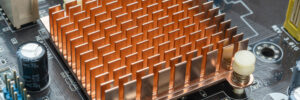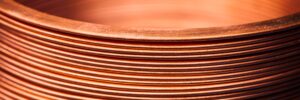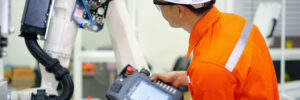
As companies rely more and more on sophisticated electronic equipment to manage their day-to-day operations, protecting this investment becomes a high priority. Servers certainly aren’t cheap, and any condition that permanently harms them can quickly bring your business to a standstill. Many companies dedicate entire rooms to housing servers with sophisticated climate control mechanisms to… Read more »











